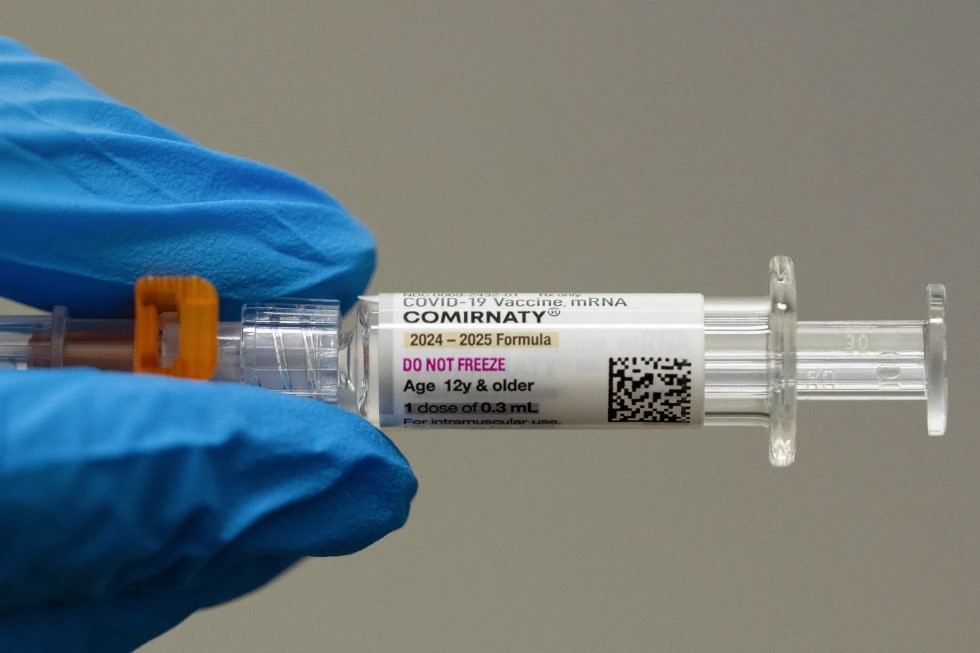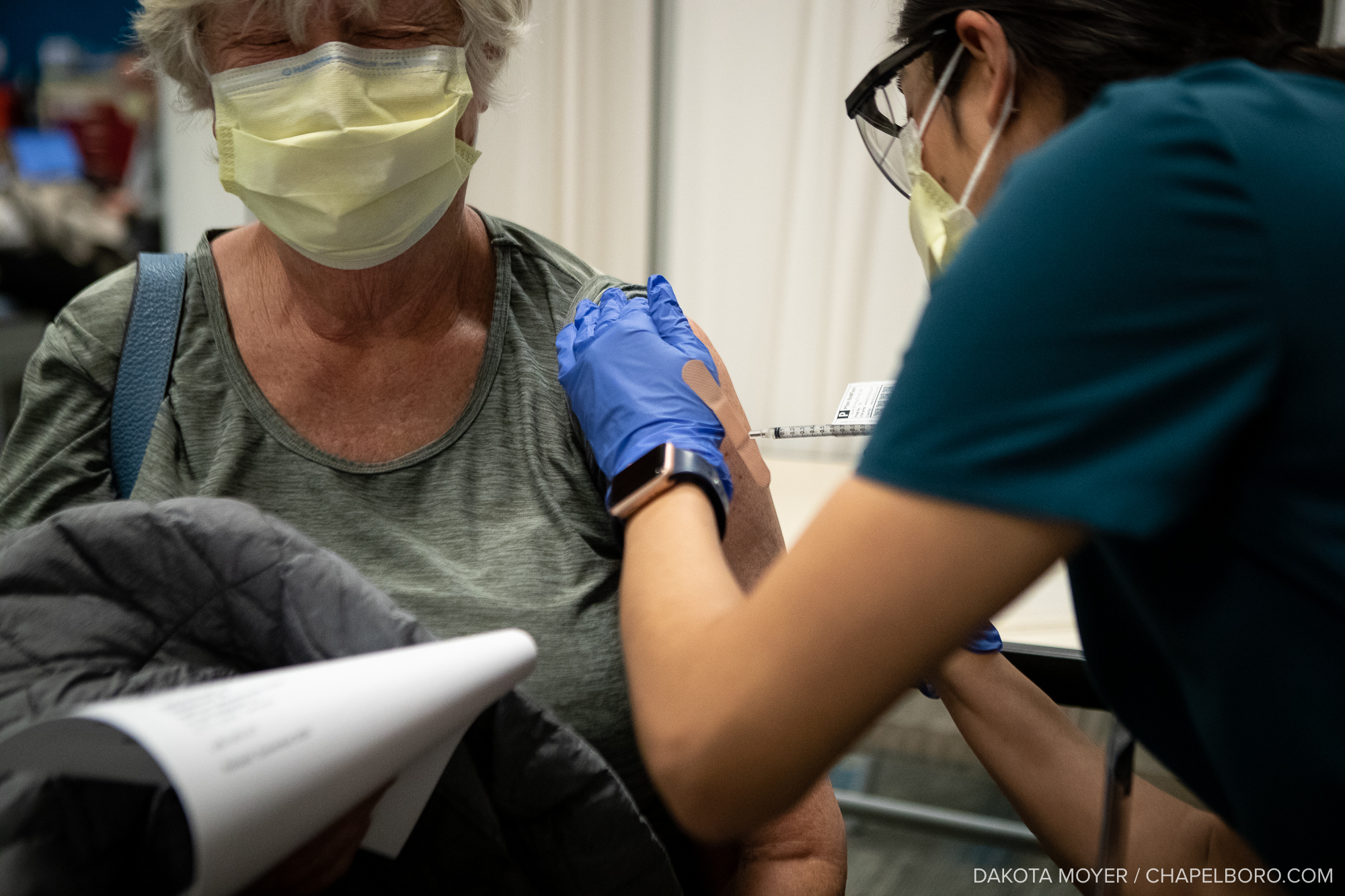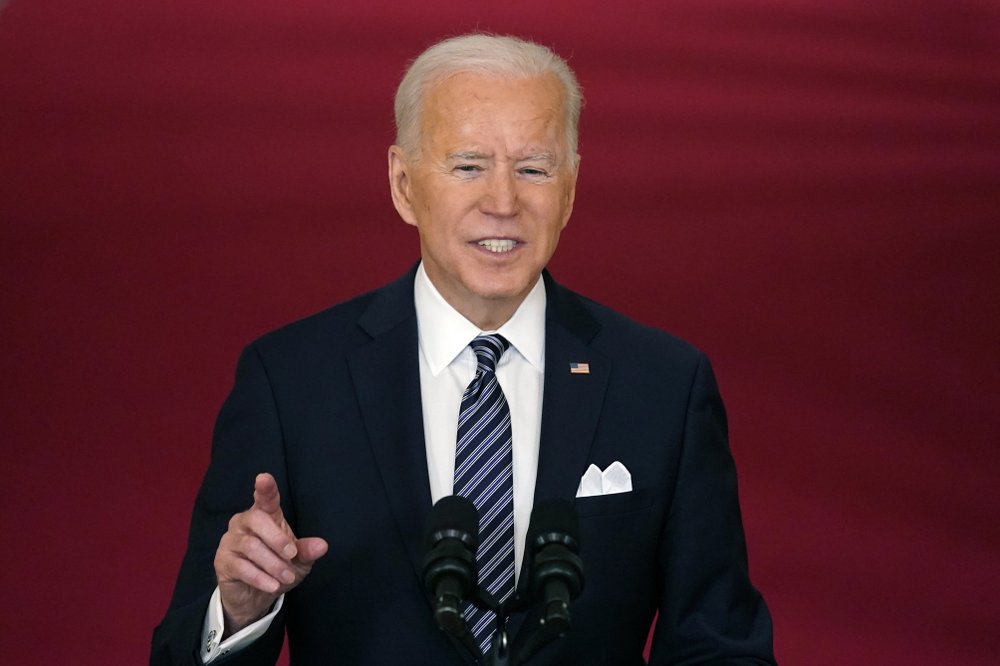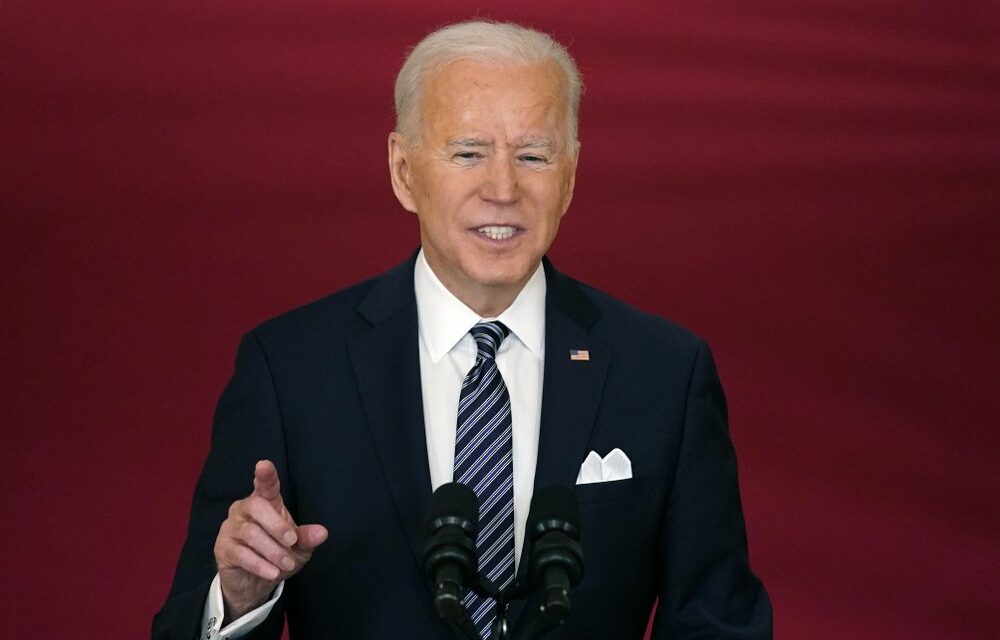Written by ZEKE MILLER
The U.S. national emergency to respond to the COVID-19 pandemic ended Monday as President Joe Biden signed a bipartisan congressional resolution to bring it to a close after three years — weeks before it was set to expire alongside a separate public health emergency.
The national emergency allowed the government to take sweeping steps to respond to the virus and support the country’s economic, health and welfare systems. Some of the emergency measures have already been successfully wound-down, while others are still being phased out. The public health emergency — it underpins tough immigration restrictions at the U.S.-Mexico border — is set to expire on May 11.
The White House issued a one-line statement Monday saying Biden had signed the measure behind closed doors, after having publicly opposed the resolution though not to the point of issuing a veto. More than 197 Democrats in the House voted against it when the GOP-controlled chamber passed it in February. Last month, as the measure passed the Senate by a 68-23 vote, Biden let lawmakers know he would sign it.
The administration said once it became clear that Congress was moving to speed up the end of the national emergency it worked to expedite agency preparations for a return to normal procedures. Among the changes: The Department of Housing and Urban Development’s COVID-19 mortgage forbearance program is set to end at the end of May, and the Department of Veterans Affairs is now returning to a requirement for in-home visits to determine eligibility for caregiver assistance.
Legislators last year did extend for another two years telehealth flexibilities that were introduced as COVID-19 hit, leading health care systems around the country to regularly deliver care by smartphone or computer.
More than 1.13 million people in the U.S. have died from COVID-19 over the last three years, according to the Centers for Disease Control and Prevention, including 1,773 people in the week ending April 5.
Then-President Donald Trump’s Health and Human Services Secretary Alex Azar first declared a public health emergency on Jan. 31, 2020, and Trump declared the COVID-19 pandemic a national emergency that March. The emergencies have been repeatedly extended by Biden since he took office in January 2021, and he broadened the use of emergency powers after entering the White House.
Photo via AP Photo/Andrew Harnik.
Related Stories
‹
![]()
Your Sister the MushroomI previously published a column called “Your Mother the Plant” in which I discussed the nearly identical structures of chlorophyll, which absorbs carbon dioxide for plants, and hemoglobin, which absorbs oxygen for animals like humans. This striking similarity is an echo of the time long, long ago before the evolutionary divergence of plants and animals. […]

UNC Health Infectious Disease Researcher Defends mRNA Vaccine Methods After Federal Funding CutsFollowing the criticism of mRNA vaccine strategies by federal leaders, UNC Health's Dr. David Wohl shared why he supports the research.

Got the Sniffles? Here’s What To Know About Summer Colds, COVID-19 and MoreFederal data released Friday shows COVID-19 is trending up in many parts of the country, with emergency department visits up among people of all ages.

RFK Jr. Ousts Entire CDC Vaccine Advisory CommitteeOn Monday, U.S. Health Secretary Robert F. Kennedy Jr. removed every member of a scientific advisory committee on how to use vaccines.

UNC Hospitals Begins Visitor Restrictions Based on Rise of Respiratory IllnessesThe UNC Hospitals campuses in Chapel Hill and Hillsborough began visitor restrictions on Monday as respiratory illnesses tick up.

5 Things We Know and Still Don’t Know About COVID, 5 Years After It AppearedCOVID-19 is less deadly than it was in the pandemic’s early days. But the virus is evolving, meaning scientists must track it closely.

Nearly 10,000 Died From COVID-19 Last Month, Fueled by Holiday Gatherings and New Variant, WHO SaysThe head of the U.N. health agency said holiday gatherings and global spread led to increased transmission of COVID-19 last month.

UNC Health Tightens Rules on Children, Sick Visitors Over Respiratory Infection RisksStarting on Tuesday morning, UNC Health locations in Orange and Chatham counties will have temporary restrictions on young visitors.

On Air Today: 'Let the Healing Continue' with Mignon HooperPiedmont Health's Mignon Hooper discusses anxiety: as we ease back into the world, how do we manage the difficult feelings that generates?

Biden Ends COVID National Emergency After Congress ActsWritten by ZEKE MILLER The U.S. national emergency to respond to the COVID-19 pandemic ended Monday as President Joe Biden signed a bipartisan congressional resolution to bring it to a close after three years — weeks before it was set to expire alongside a separate public health emergency. The national emergency allowed the government to take sweeping […]
›










